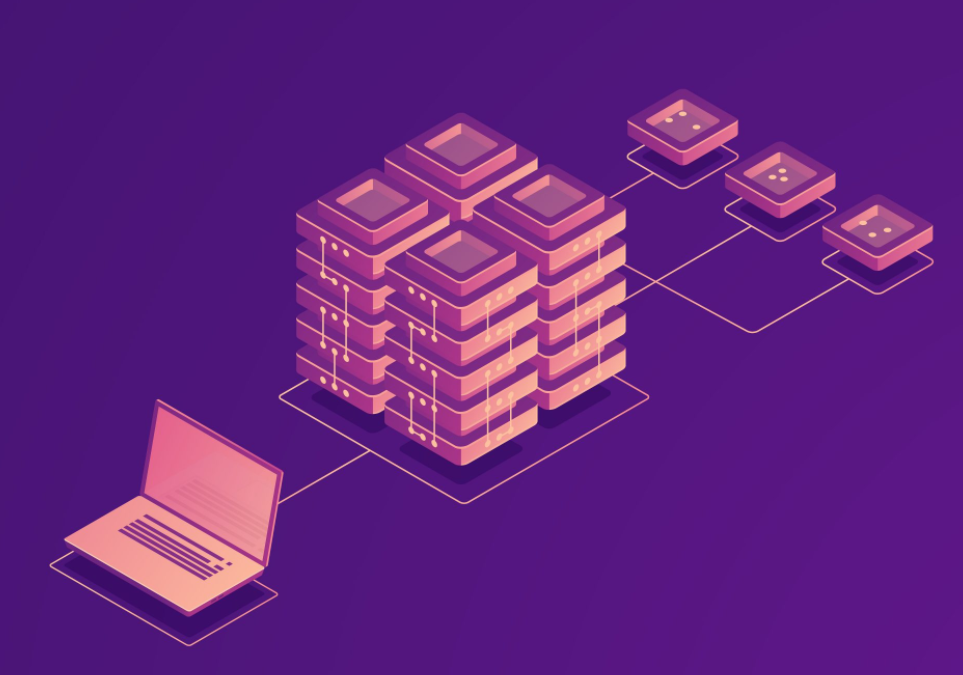AI promises to increase profits across industries

Corporate profits are now in decline, and it is clear that this phenomenon occurs in most industries, from production to utilities and financial services. The decline in profits is as a result of companies only caring about themselves and not focusing on the customer. But the decline in investments, which are close to stagnating, the decline in innovation and long-term value for shareholders, is even more worrying. H
But while the outlook may seem negative, changing this is in the hands of a new factor of production that can transform opportunities not only for economic growth, but also for business profitability. That factor is Artificial Intelligence.
AI will increase profits
AI has the potential to increase corporate rates of return by 38% by 2035, and lead to economic growth in the value of $14 billion in 16 industries in 12 economies around the world by 2035 according to a study Accenture and Frontier Economics.

By 2035, AI technologies could increase labor productivity by 40% or more, doubling economic growth in 12 developed nations. Accenture finds that the immediate impact of AI on profitability is improving individual efficiency and productivity.
The US and Finland economies are projected to see the largest economic gains from AI through 2035, with each achieving a 2% nd AVA growth.
But according to the study, this will only happen if companies adopt a customer-centric mindset and take bold and responsible steps to apply AI technologies to their businesses.
The impact of AI on industry growth
The report assesses the potential economic impact of AI on corporate gross value added (VaB), the VAB (GVA) is a close-to-GDP approach that measures the value generated by the goods and services produced.
And the result shows that AI has the potential to increase the growth rate by a weighted average of 1.7 percentage points. In addition, with respect to the revenue growth forecasts that Artificial Intelligence will provide for 2035 divided by industries, Information and Communication will be the one that advances the most with a 4.8%. It is followed by Production and Financial Services, with increases of 4.4% and 4.3% respectively. This translates into a six trillion dollar increase in The IAWas by 2035 in these three major sectors.
Even industries where human capital is indispensable, such as education and social services will see an increase of $109 billion and $216 billion in their VaB, respectively.
The three main sectors are followed by wholesale and retail with a 4% , the same figure as Transport and Storage.

“Artificial Intelligence will revolutionize the way companies grow and compete, as it is a totally new production factor that can increase business profitability,” said Paul Daugherty, chief technology and innovation officer at Accenture. “To seize this great opportunity, it is essential that organizations already begin to develop AI strategies that put people at the center, and that they commit to the development of responsible AI systems, in line with moral values and ethics; all of this will bring positive results and encourage people to do what they do best: imagine, create and innovate.”
Accenture’s study also shows that by examining profitability in each industry, AI offers great opportunities. Thus, in sectors such as retail and distribution, AI allows professionals to be more productive, and therefore contributes to the increase of profits by up to 60%.
On the other hand, in capital-intensive sectors such as industrial manufacturing, AI-powered machinery will eliminate both defective and inactive equipment. This will help increase rates of return, so that profits increase by 39% by 2035.
AI in production
The dependence on the production sectors of heavy machinery practically forces the deployment of Artificial Intelligence technologies. Accenture’s study shows that with AI this sector can generate an additional $3.8 trillion in VAB by 2035.
Thanks to AI in this sector, not only will human work be more productive, but it will also lead to much more of the potential of the machinery in the factory. Supply chain management, inventory optimization, and production scheduling are some of the areas that AI can improve.
On the other hand, AI can produce more than $2 trillion in VAB by 2035 for the retail sector, a 36% more. Retailers can leverage AI’s intelligent automation capabilities to streamline inventory and warehouse management, while augmented reality technologies can enable immersive shopping experiences with customers.
Also, according to Accenture’s study, AI will accelerate growth in the health industry from 2.2% to 3.4% by 2035, generating $461 billion over VAB. AI-powered systems can analyze massive amounts of unstructured data and produce predictive diagnostics that can detect problems before they become a serious health risk.
“After exploring the macroeconomic impact of AI as it matures over the coming decades, it is clear that companies in all sectors have a great opportunity to integrate AI before them and that this brings them remarkable benefits,” he said. signed Mark Purdy, managing director of Accenture Research. “Optimizing processes with intelligent automation, improving human labor factor and physical capital, and driving innovations, AI can contribute to drastic economic growth and lasting stability.”


